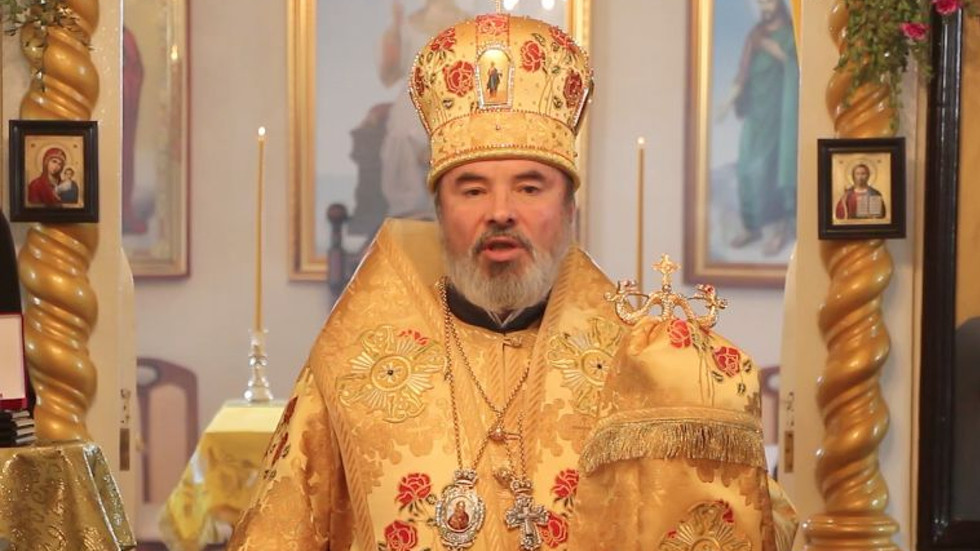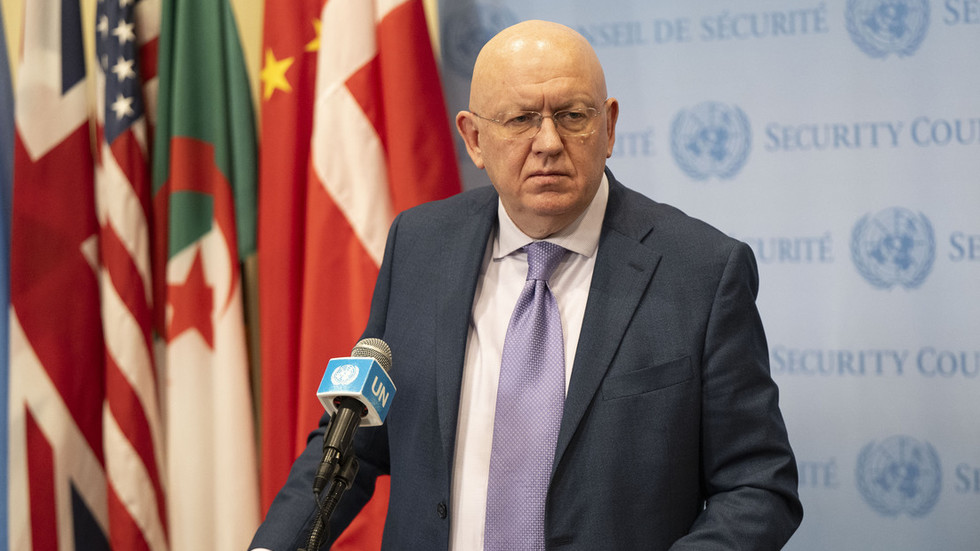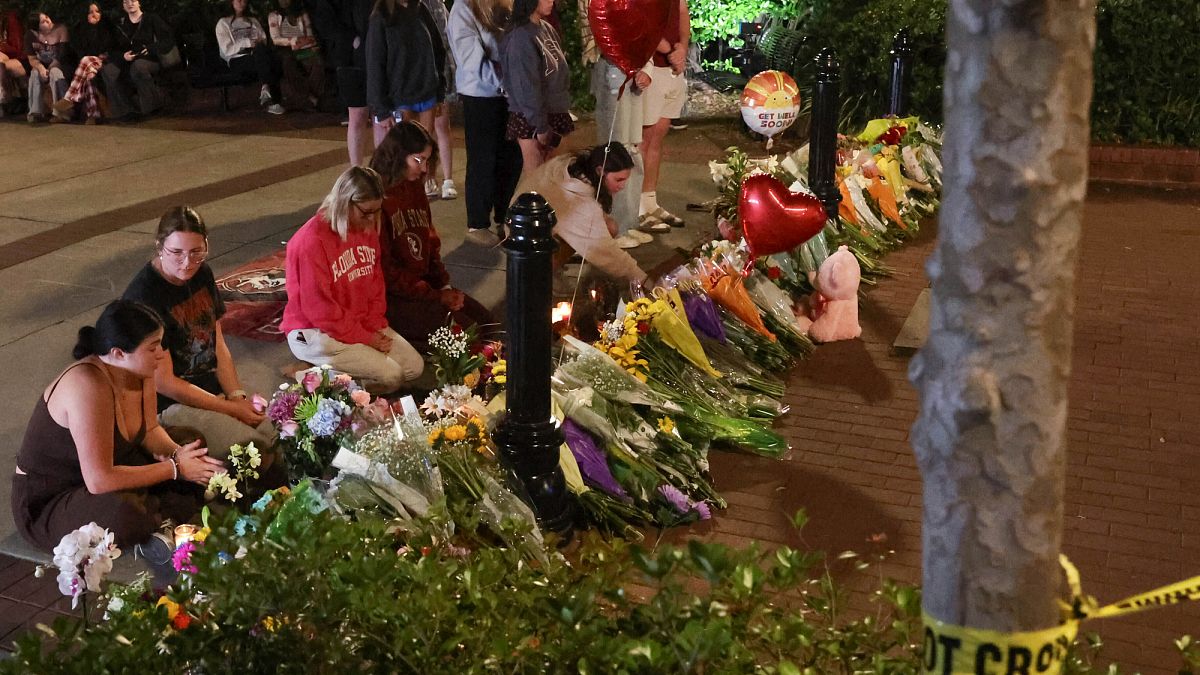On February 12, 2025, I received a call from a staff member of the Kennedy Center, where I had been a social-practice resident since October 1, 2024, and had been producing a cabaret-style show called Saigon by Night, based on an old show called Paris by Night that the Vietnamese diaspora watched on video tapes back in the 1980s. My show had been in the works for three months, but that night I was told that it would not be staged unless we removed the “drag-adjacent” performance by my friend and collaborator Anthony Le. Never mind that this portion of the production lasts five minutes, or that it was culturally appropriate in a show meant to celebrate the depth and breadth of Vietnamese heritage in America 50 years after the end of the war in Vietnam. I sent an email saying we declined to remove or modify that portion and never heard back. The next thing I knew, the show was listed as “cancelled by artist.”
This cancellation was an assault on artistic freedom and free speech, and I am proud that my collaborators and I held our ground and refused to erase an important form of expression. But in losing our show, we also lost an opportunity to showcase our culture. And it felt to me like not only a rejection of my Vietnamese heritage, but also my humanity and my identity as an American.
I haven’t always felt so much pride in my Vietnamese heritage. Growing up in the 1970s and 1980s, I learned early that being Vietnamese in America meant being associated with a shameful war Americans wanted to forget. Media portrayed Vietnamese people as victims, villains, or faceless casualties—rarely fully human, rarely afforded complexity or dignity. Not that I would think of complaining: As the child of an immigrant, it was ingrained in me to be grateful for the freedoms and prosperity America provided me—opportunities I wouldn't have found elsewhere. So I learned to make myself smaller, more palatable.
I suppressed my Vietnamese heritage to fully assimilate. I mocked my Asian face before others could. Each self-deprecating joke gained momentary acceptance from white classmates who wanted permission to laugh at my difference without feeling guilty. I was eroding myself, reinforcing my status as an outsider, and denying half my heritage.
Much later in life, I began to embrace my Vietnamese roots alongside my American identity. I gained courage and confidence when I began seeing Asian people take visible leadership roles in American society and being depicted in powerful roles in the media. I also moved from my hometown in the American South to a more diverse community where my Asian identity was not diminished (at least most of the time). I began to produce art that shared this heritage with fellow Americans, including an animated film called The Greatest American and a national project called Looking for America, in which I explored American identity. Creating this art helped me understand and appreciate the part of myself that I had long ignored.
Still, I know not everyone has taken the same path. I was horrified when Trump mocked Virginia Senate candidate Hung Cao's name ("Hung Cao, I love that name, that name alone should get you elected") at a fundraiser last summer and Cao and other Vietnamese people laughed along. I recognized the familiar choreography of diminishment disguised as good humor that I once thought was necessary to be considered American. Here was a Vietnamese American who had achieved so much—a Navy veteran, respected leader, political candidate—yet still seemed to be performing the same self-deprecation dance I did as a child to fit in, allowing his identity to be reduced to a punchline.
I once believed that if I followed all the rules and became a good citizen, I would be accepted as an American. However, with recent threats to birthright citizenship, arrests and detention of people who have the right to live and practice free speech in this country, and the denial of my constitutional right to free expression, I realize that, for some people, no matter how much I achieve or how perfectly I speak unaccented English, I will always have to diminish myself—remove part of who I really am and where I'm from—to be accepted as a "real" American.
Seventeen members of my family fled Vietnam in 1975 to escape persecution by a communist government that sought to punish those who had fought alongside the Americans. Fifty years later, I find myself wondering what the next half-century means for Vietnamese Americans. I co-curated a recent exhibition titled "50 Years of Hope and Ha-has," borrowed from Ocean Vuong's poetry, which asks how we can live better despite a destroyed past. My answer is this: by refusing to make ourselves smaller, by rejecting the notion that acceptance requires self-mockery, by celebrating the expansiveness of our diaspora.
My family's resilience helped us flourish in America. We became doctors, pharmacists, engineers, small-business owners, teachers, and lawyers. I became a socially engaged artist whose primary work has centered on bridging political divides since Donald Trump's first election in 2016. We achieved what I once thought of as the American Dream. When I think about the American Dream now, however, I think about my right to be fully human, with all the contradictions and complexities that entails. I think about achieving success without compromising dignity. I may not have gotten the opportunity to share my culture at the Kennedy Center, but I’ll never stop trying to create spaces where the next generation of Vietnamese Americans can take pride in who they are, never feeling like they must joke about their eyes or laugh when someone mocks their name to be accepted.
The next 50 years begin with claiming our right to tell our own stories through our art, in our own voices, without apology.

 1 week ago
7
1 week ago
7








